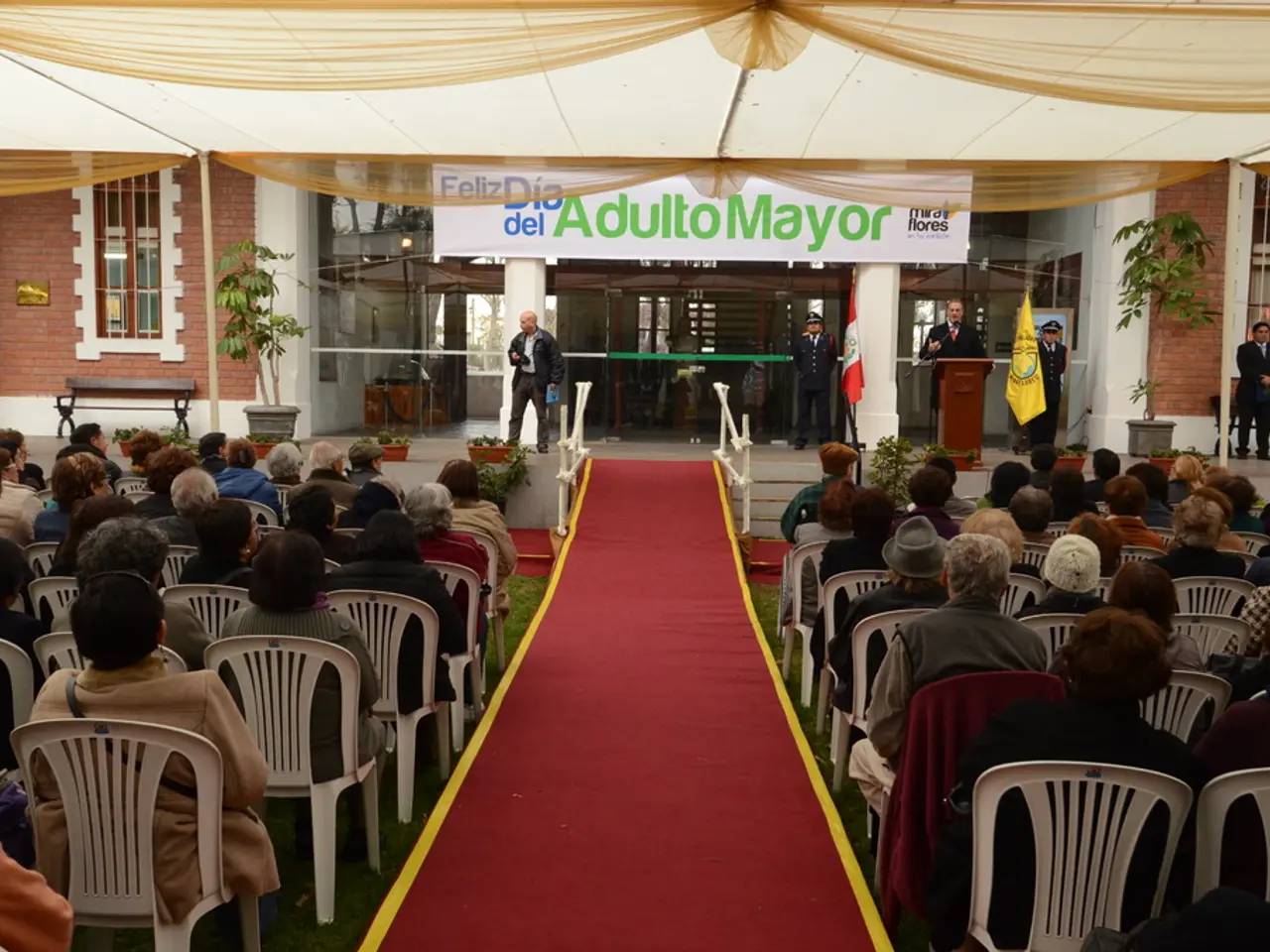Government Urged to Swiftly Address Hotspot of Community Tensions Immediately
A Stirring Cauldron: West Bengal's Tanking Democracy
West Bengal, a vibrant state steeped in history, now finds itself teetering on the brink of chaos. The political landscape here is a seething, turbulent brew, with forces of all stripes eager to seize votes in next year's Assembly elections. If unchecked, this recipe spells jeopardy for secularism and democracy, and an unwarranted victory for communalists on either side. It's high time for sincere voices, those who believe in the Indian ideal, to rise and act, lest the consequences prove disastrous for a people who have borne more than their fair share of hardships in two centuries.
Tension, Protests, and Controversy
There is valid grounds for secularists and the Muslim community to contest the Waqf (Amendment) Act, 2025, but peaceful, legal channels exist to voice their objections. Across the nation, organizations have taken to venting their discontent via protests, while several have lodged appeals with the Supreme Court against the legislation. The Supreme Court is set to deliberate a stack of petitions alleging constitutional rights violations.
Regardless of the court's eventual decision, it's clear that the civil society retains the right to air their grievances. What we witness in certain regions of West Bengal, however, is that Islamists exploit their democratic freedom to fan the flames of violence. In Murshidabad district, some reports even implicate Islamist terrorist organizations from neighboring countries in these disturbances. It beggars belief that these militant groups are unaware that violence serves no purpose for minority interests, or that they underestimate the erosive impact on the secular order. Their sole aim is to capitalize on sympathy, playing the victim card to garner support.
Hindutva in the Fray
On the other hand, the silence maintained by Hindutva forces is deafening only in their vicious attempts to inflame communal tensions. Their efforts are orchestrated by individuals occupying influential positions within the government. The Union Minister of State for Labor and leader of the BJP state body, Sukanta Majumdar, for instance, is accused of circulating fabricated images of communal scuffles and swiftly deleting them after public backlash.
At such a critical juncture, the state government carries the weight of responsibility. While their initial inability to predict and preempt trouble is noteworthy, their failure to apprehend the rioters by employing the legal enforcement machinery is even more glaring. The rules of engagement are clear cut in such situations, with precedence set in the past. Former Chief Minister of West Bengal, Jyoti Basu, once instructed the state police to shoot at all rioters – political affiliations be damned – in response to the Babri Masjid demolition. Ms. Banerjee, who some might label anti-Marxist, could learn a thing or two from his strategies if she aims to quell further bloodshed.
- The turbulent politics in West Bengal, marked by war-and-conflicts and crime-and-justice, have led to an escalation in protests and controversy, with both secularists and Islamists employing questionable tactics to further their causes.
- The general news, therefore, indicates a polarized West Bengal, where the legislative changes and the ensuing conflicts are not only influencing the political landscape but also threatening the secularism and democracy of the state.





